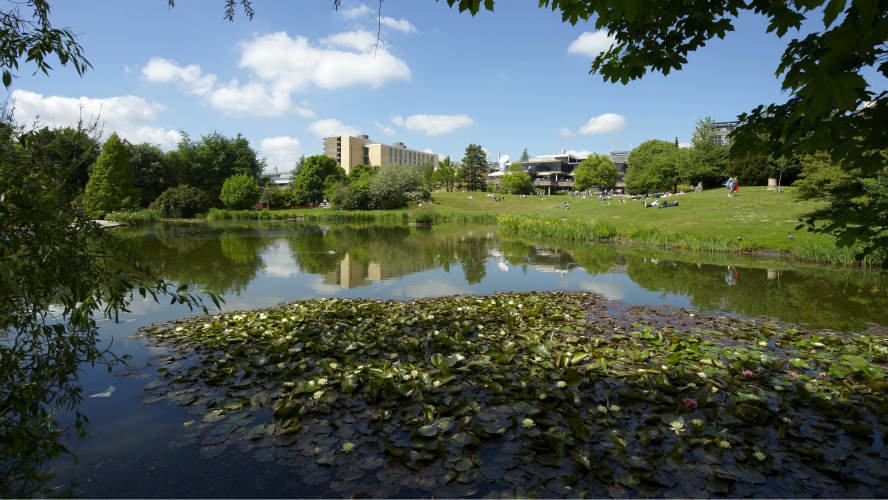Thank you to all colleagues who continue to share their news with us and to those who are just beginning to use the space provided by the network to share social policy relevant research and news on the MENA region. From our side, here at the University of Bath, we are eager to make this space one in which researchers and practitioners can meet and collaborate with eachother in the realm of ideas, with the aim of furthering the causes of peace and social justice, starting with the MENA region. Who knows?! We can only try, and if there are many of us trying, we might just achieve something. Our efforts at social change can begin with words.
No doubt, we also hope that this is a space where researchers and practitioners can find relevant sources of information and up-to-date analysis on social policy issues in MENA, whether this is on questions of social security and social protection; family policy or youth unemployment. It is fair to say that although MENA traditionally comes across as a region of exceptionalism, the social problems it faces are as typical as any other developing world region and far from excluding this region from academic and comparative debate, what we need to encourage more is dialogue with other regions and disciplines.
I will take shelter in this benign white space by sharing a small anecdote with you: at the time of making the all-important decision of what logo to choose for this network, I came across the phrase by the critical social theorist and philosopher Jean-Francois Lyotard who said: “To speak is to fight”. At first, this seemed like an exciting and symbolic catch-phrase for the identity of the MENASP network but our more sensible selves, here amongst the inception team, soon decided that we do not want to be misunderstood as inciting more violence than that which already exists in a region long-embroiled with conflict. But the phrase helped us to refine the original idea we had had about the logo representing equality and fair play (of people, opportunities and ideas). So the spirit of Lyotard’s phrase has not been lost: as academics, researchers, policy-makers and practitioners, we are able to make enunciations in a variety of settings, whether through our publications or policy statements or protocols that can influence ideas, open up new avenues for action and set the scene for the next generation of actors who will take over from us.
In a region too often associated with violence and war, we should still remember that as a group, we can continue to raise the important issues, ask the insightful questions, teach the next generation – in a responsible and thoughtful manner. For, beneath the shadow of war, as many of us know, life goes on. As a network, we can make change happen incrementally through the mobilisation of ideas and marking our space as one for open and respectful dialogue. We do not know who the agents of change will be. It might not be us, but what we can do as a network is support eachother and perhaps, enable change. Please use this network as a banner to mark your territory in your everyday work and use the space it provides to build not only conceptual alliances but friendships and lasting relationships. Now, lest you think I am entering a new line of work, please let me stop –
Wishing you all a great summer break and hoping to see you at the 4th MENASP network conference taking place at the American University in Cairo on 30-31 October, 2019. As you are friends, I will let you know that the submission link is open till 15 July for the very final abstracts!
Rana/رنا Network convener
